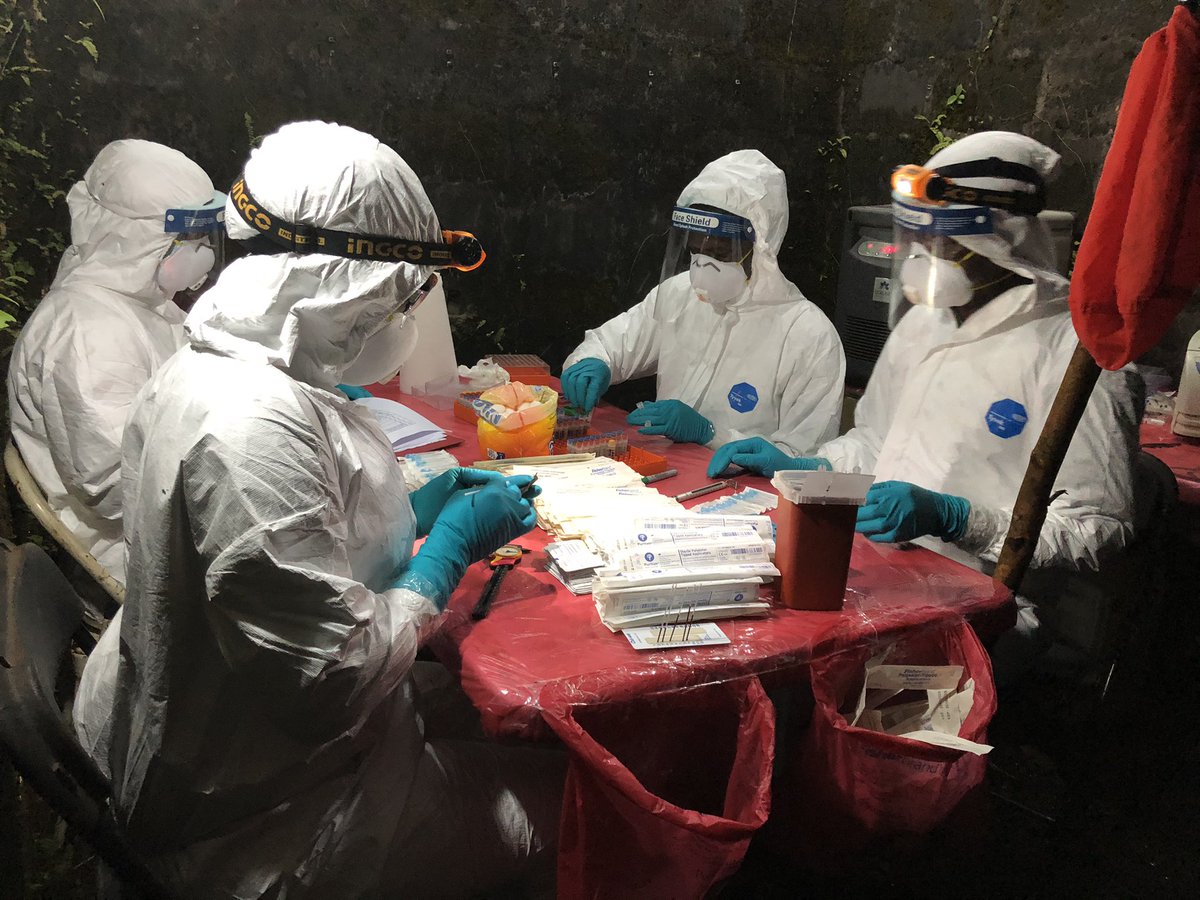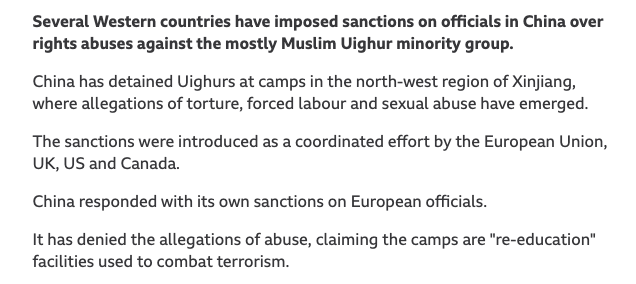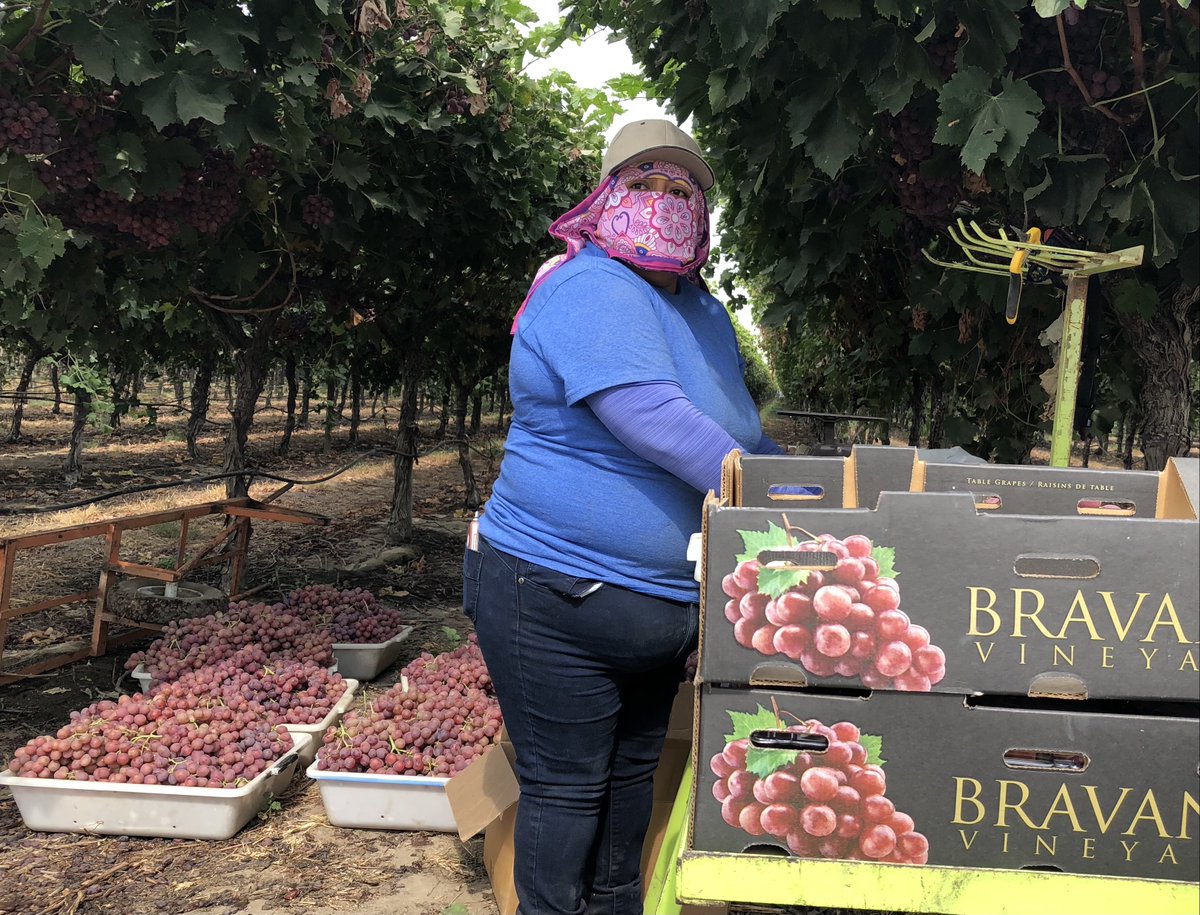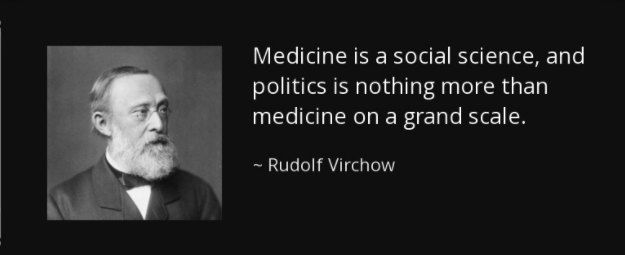
"More studies needed" is a constant refrain in science. But this debate over a lab-leak has become toxic and risky.
“We need to look at the big picture and focus on incentives that get us where we want to go," says @glassmanamanda
By me @Nature
nature.com/articles/d4158…
“We need to look at the big picture and focus on incentives that get us where we want to go," says @glassmanamanda
By me @Nature
nature.com/articles/d4158…
Allegations aren't a great way to encourage collaboration on an origin study. And beyond origin studies, countries must work together to curb this crisis and prepare for the next one. 

The toxicity of the debate is also fueling shameful online harassment, and @angie_rasmussen can tell you that's not fun. 

And although an origin investigation is very important, we are at a critical moment when big decisions in biosecurity need to be made ---*by consensus*--- because that's how this works.
SARS-CoV-2 is still out there, evolving.
SARS-CoV-2 is still out there, evolving.
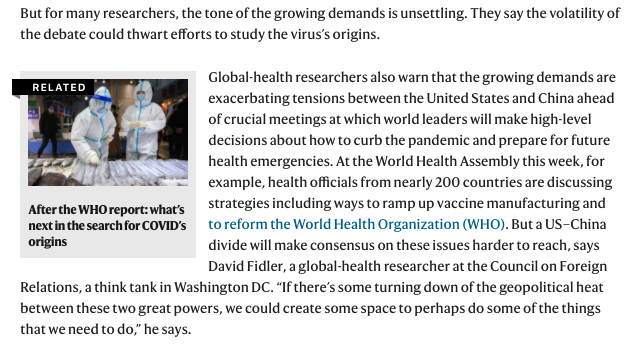
And since I know loads of you don't wanna read the story, there's more in my twitter thread 🔽
https://twitter.com/amymaxmen/status/1396529176006430721?s=20
• • •
Missing some Tweet in this thread? You can try to
force a refresh




